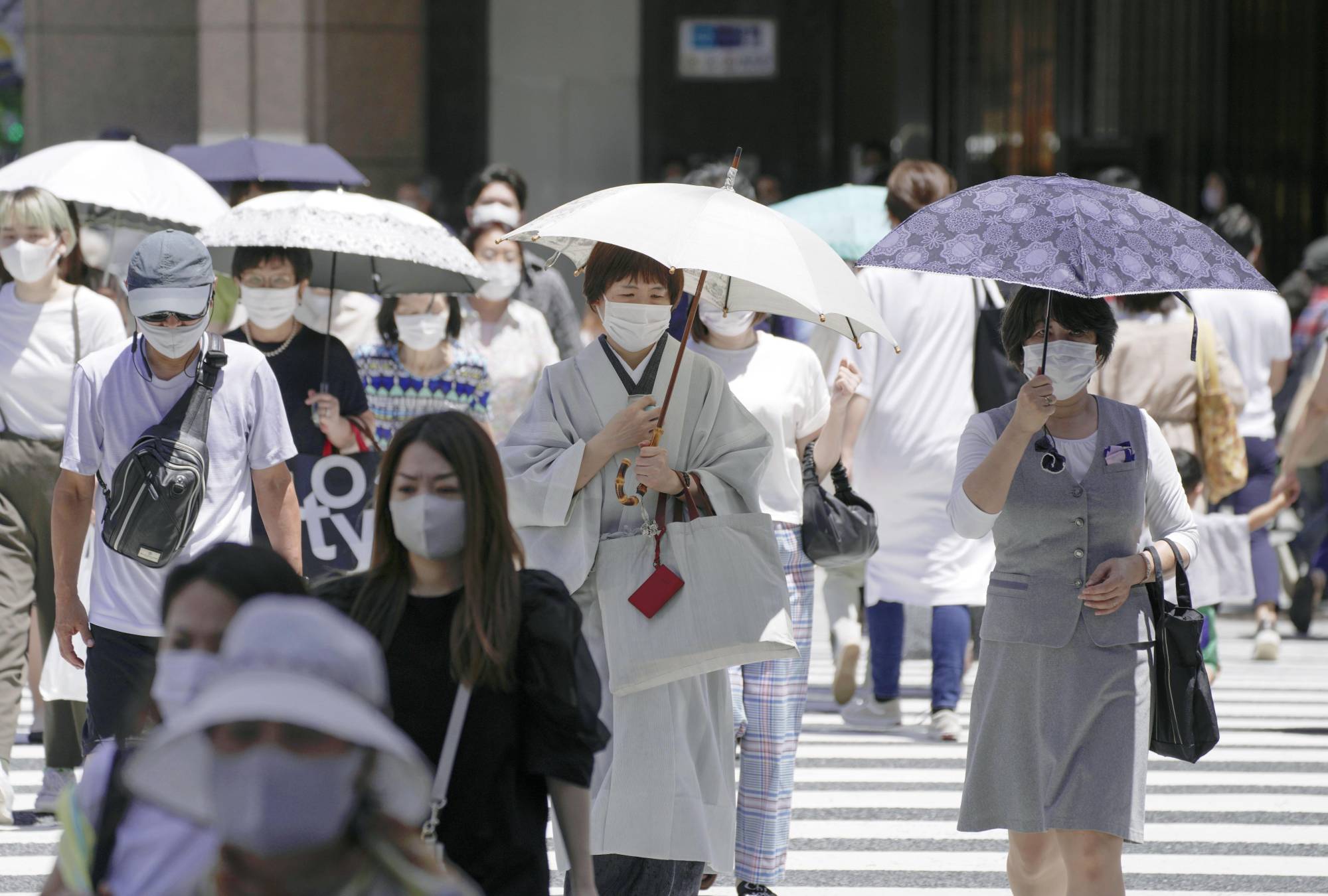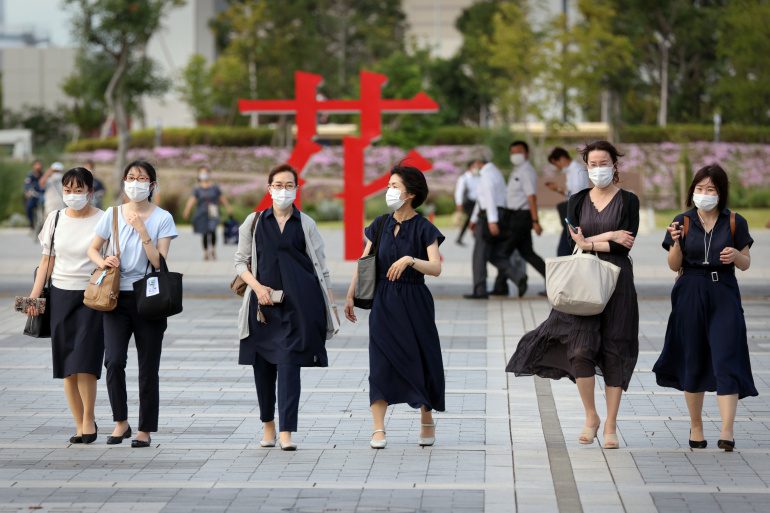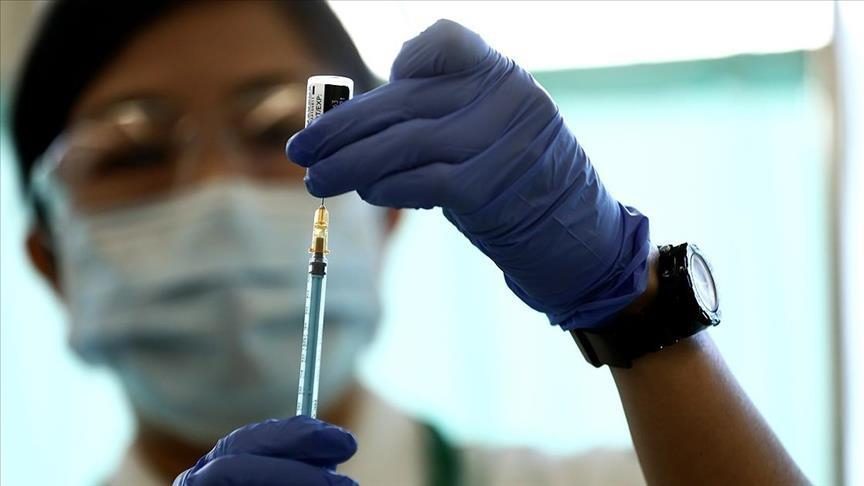Against all medical, scientific, and public health advice, the Tokyo Olympics have gone on. Even among the general public in Tokyo, many have expressed how dangerous it is to hold the games that put over a hundred thousand people, including participants and fans within close reach of each other during a pandemic.

Al Jazeera | Japan's capital recorded its highest figure of new cases since the pandemic started last year, just a few days after the Olympics started
It’s no surprise that the pandemic has gotten more severe recently. The percentage rise was over 149% in just a week and experts say the recent games and exposure, including the one from the cycling road race event which was accessible to the public, have not begun to really reflect in statistics since many new infections won't be detected at this stage.
It begs the question, how much worse can it get? The country’s capital recorded its highest figure of new cases since the pandemic started last year, just a few days after the Olympics started, with a record of almost 3,000 new cases.
The government of Japan has advised residents to avoid unnecessary outings or activities and work from home during this period while observing all the necessary measures to prevent more spread. But Yoshide Suga still remains adamant about stopping the Olympics that many believe is contributing to the sudden rise in cases, and posing a severe public health risk.
There’s definitely a lot at stake in the event for the government and one of the major considerations is the financial loss that will be incurred if the Olympics are canceled.

Mint | The government of Japan has advised residents to avoid unnecessary outings or activities and work from home during this period
The IOC reserves the sole right to cancel the event although the host country can also call it off. In event of cancellation, the IOC will have to be compensated, an eventuality that the Japanese government would surely prefer to avoid. Especially as doing that will also cost them losses in broadcasting and sponsorship deals.
Part of the quick spread of infections is being precipitated by the delta variant of the virus, according to Tokyo public health expert, Professor Kenji Shibuya. He said he cannot attribute the entire rise in cases to just the Olympics, and while that remains true, another reality is the severity of the public health crises happening in Tokyo at the moment that needs to be addressed fast.
And continuing the Olympic Games is not a wise way of handling the situation, as put forward by the New England Journal of Medicine when it said that the resolution of the International Olympic Committee to go ahead with the events despite the sudden spike in new cases, is ‘not informed by the best scientific evidence.’

Anadolu Agency | Only 5% of Japan’s population has been fully vaccinated
About 162 people who have been part of the games have fallen ill. As scary as that is, the number is just a tiny fraction of the 100,000 potential targets of the virus. It may just be time for the stakeholders to take this situation seriously because first, just about 5% of Japan’s population has been fully vaccinated, and the citizens will end up suffering more in the near future.




